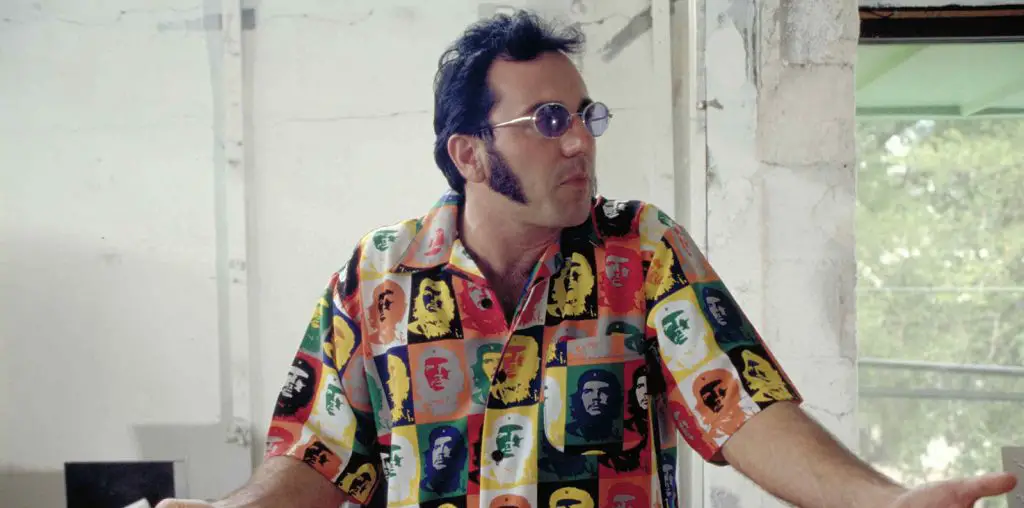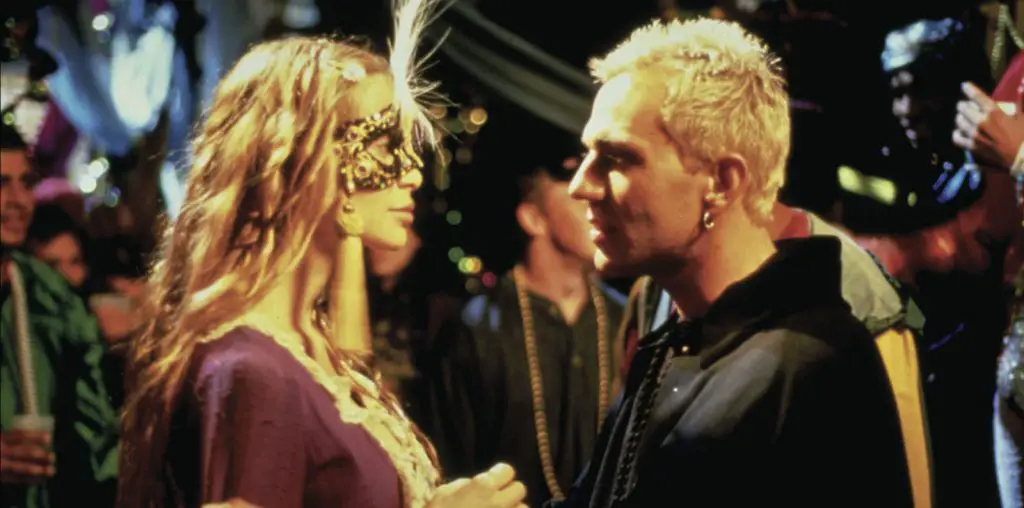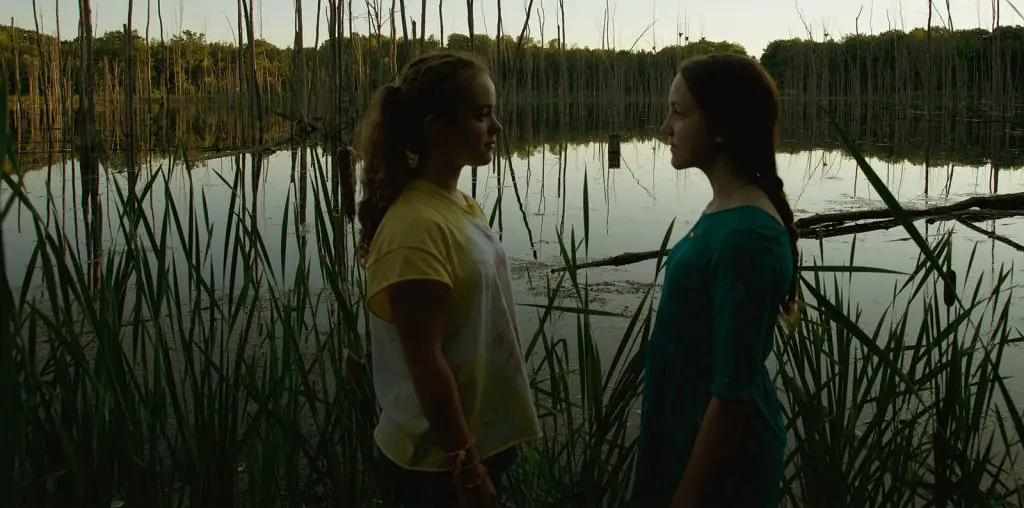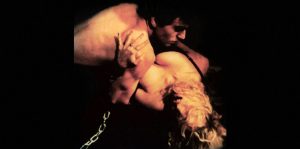
I’ve had the chance to review several films from filmmaker Jon Jacobs, including D.J. Hound Dog and Lucinda’s Spell. I find it fascinating that Jacobs puts himself entirely into his work, along with a steadfast desire to tell his stories his way. I never know what to expect with a Jacobs story, which indeed holds true in director and co-writer Philippe Dib’s Welcome Says the Angel.
The film is about a chance meeting between two lost souls on the streets of Hollywood. The aimless Joshua (Jon Jacobs) meets the very cynical Anna (Ayesha Hauer) one night at a local bar. Anna invites him to her place, and the following morning Joshua finds himself handcuffed to the bed as Anna’s prisoner. She refuses to let him go until he confesses to his crimes. It’s unclear if Joshua actually committed any crime other than being a man.
After a heated yet somewhat heartfelt argument, she lets him go and insists he leaves for good. It doesn’t take long for Joshua to realize he has some bond with Anna and returns to her apartment for a night of hot and heavy passion. The next morning Anna wakes up handcuffed to the bed by Joshua. This time, though, Joshua trapped her after realizing she’s a heroin addict. He decides to be her angel and is there to help break her of the addiction cold turkey.
Welcome Says the Angel came out in 1996, and the film may not hold up under the political correctness of today. For a man to imprison a woman for “her own good” is not a story that could ever be greenlit in this climate. There’s a scene halfway through that would trigger #MeToo red flags, even by 1996 standards. It’s not something I would or could defend, but in context, I understand why it’s there.
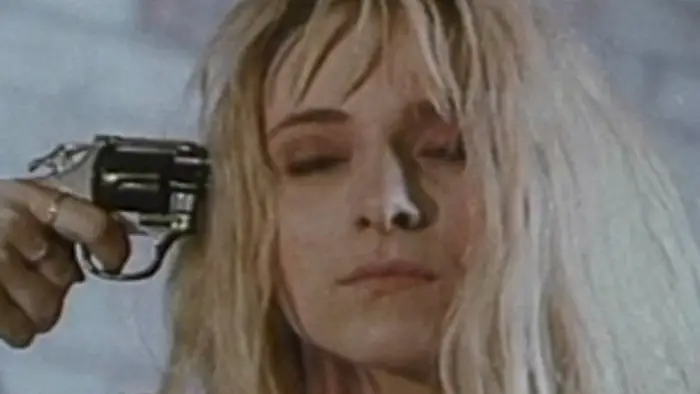
“…Joshua finds himself handcuffed to the bed as Anna’s prisoner. She refuses to let him go until he confesses to his crimes.”
There are a few ideas worth discussing here, particularly in the context of 1996. Crack and heroin addiction were at their zenith at this point in U.S. history, and the war on drugs was presenting itself as a complete failure. What I thought most about while watching Welcome Says the Angel was how virtuous we demand our heroes and heroines to be in movies—at the expense of realism.
As Joshua, Jacobs plays him as an angel doing what he thinks is best to save Anna and goes about it through questionable methods. In his heart, Joshua is intent on saving Anna’s life. He’s willing to do anything and everything to make it happen, even if that means making her a prisoner or distracting her to keep her mind off her addiction (i.e., the questionable moment alluded to before). In the end, Joshua is there for her and keeping her safe, all without the aid of a trained psychiatrist or healthcare professional. This is a question worth wrestling over regarding how raw, dark, and real you want your stories to be… even if it means feeling uncomfortable.
If you’re familiar with Jacobs’ other films, the style of acting feels like an improvised drama. There is a story to be told with a defined structure, but nailing the exact words from a script is rarely a priority. This creates a natural sparring between Hauer and Jacobs that is fascinating to watch. The loose scripting allows the duo to create and define their characters in a personal way, which in the case of Hauer, brings an exciting dynamic to her portrayal of Anna breaking her addiction. Her most poignant moment comes when she begs Jacob to give up on her.
In the end, I’m reminded that we, as individuals, are imperfect people living in a very imperfect and messed up world—trying to figure out how to make it to the next day. Sometimes even angels have dirty faces.
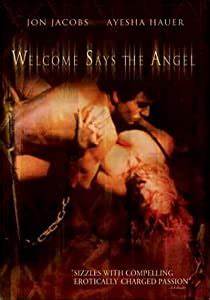
"…creates a natural sparring between Hauer and Jacobs that is fascinating to watch."
